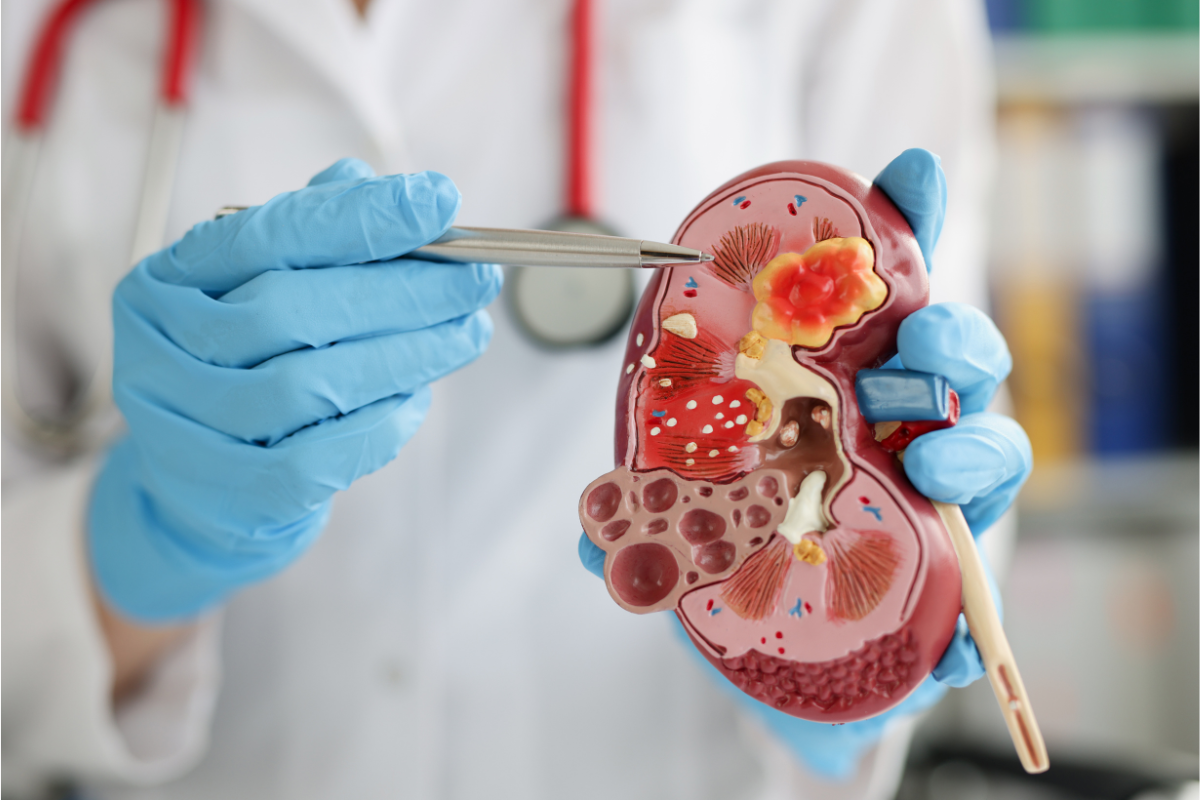Kidney stones can be very painful and hard to deal with if not treated on time. Kidney stones usually develop in the urinary tract, kidneys, ureters, and bladder. They are the crystallized resultant of excess mineral depositions in the kidneys. When the salt and mineral content is high in the urine and the body is unable to get rid of it, they come together and form kidney stones. The most common substances that form kidney stones are oxalates, struvite, and uric acid. Dealing with kidney stones could seem like a daunting task. The good news is, by reforming your diet, chances are that you could pass those nasty stones naturally, without getting surgery. Just by paying attention to foods that you should eat and avoid, kidney stones can be dealt with and avoided with much ease.
If you are someone who has already dealt with kidney stones and wants to avoid their recurrence, below given are the tips you should follow:
- Drink plenty of water
- Avoid foods that contain oxalates
- Lower your salt intake
- Avoid animal protein
- Get enough calcium in your diet
There are several dietary habits that can help you deal with kidney stones. Here’s a list of foods to eat and avoid to deal with kidney stones.
Foods to eat and drink with kidney stones
Regardless of whether you’ve dealt with kidney stones or not, you’d know that optimal water consumption is the first way to go about it. One of the major reasons behind the development of kidney stones is the inability of the kidneys to produce enough urine. The best way to help with that is to drink water. Water is one of the best drinks for kidney stones. In fact, water is the only drink you should be consuming in case of kidney stones. Water can help break down the crystallized substances and dilute the chemicals that form the stones.
A low calcium intake can lead to oxalates forming stones in your kidney. Hence, you must keep your calcium intake optimum while trying to deal with or avoid kidney stones. Opt for natural sources of calcium rather than supplements. Studies have suggested that calcium supplements can lead to the formation of kidney stones. Natural sources of calcium include dark green vegetables, legumes, nuts, and seeds. While milk is also an abundant source of calcium, fortified soy milk could be a good choice, too. Make sure you also include plenty of vitamin D-rich foods because vitamin D helps in the easy absorption of calcium. The best sources of vitamin D are the sun (obviously), and mushrooms.
When it comes to fruits good for kidney stones, citrus fruits are the ones you should be going for. Studies have suggested that fruits rich in citric acid have a positive effect when it comes to preventing kidney stones. So, stack up on those oranges and lemons, and add that tangy goodness to your meals.
Protein intake should be monitored when dealing with kidney stones. Animal protein can be very harmful in such conditions, and even increase the risk of developing/redeveloping kidney stones. Hence, doctors advise opting for plant-based proteins such as lentils, legumes, beans, etc.
Foods to avoid with kidney stones
Just like increasing water consumption, lowering the salt intake is one of the first steps to averting or dealing with kidney stones. High sodium intake can increase calcium buildup in the urine. Check the labels of processed foods. Also, look out for juices, for some of them contain high amounts of sodium. Try eliminating salt from your diet as much as you can.
As mentioned earlier, oxalates are one of the major substances that form kidney stones. Foods rich in oxalates should be eaten in moderation. It is best to consume such foods with calcium because calcium binds with oxalates before reaching the kidney. This reduces the risk of the formation of kidney stones. Beets, rhubarb, swiss chard, spinach, and sweet potatoes are all vegetables to avoid for kidney stones. Other foods to limit are chocolates, nuts, and tea.
Aerated drinks contain phosphate which increases the risk of formation of kidney stones. Moreover, added sugars in packaged drinks further put you at risk of developing kidney stones. Avoid processed foods high in sugar, as much as possible. It is best advised to eliminate sugar from your diet completely.
Final thoughts
This was your guide to dealing with kidney stones through your diet. If you think that you have kidney stones, we advise visiting your doctor first to get a more personalized approach for the same. Do not make any drastic changes in your diet without consulting your physician.

